#shakespeare villains
Text
Oop--
I'm even more in love with Patrick Page.
#personal#Patrick Page#All the Devils are Here#shakespeare villains#psychological and historical explorations#so so worth it#and he's very delightful#so friendly and funny and humble#and you can tell how much love/passion he has for this project
6 notes
·
View notes
Text
I'm stupidly amused to realise that this memorable moment from Nicholas Galitzine as Jeff in the movie Bottoms reminds me of a line in fuckin' Shakespeare.


#bottoms the movie#nicholas galitzine#nick galitzine#jeff#titus andronicus#shakespeare#villain what hast thou done
2K notes
·
View notes
Text

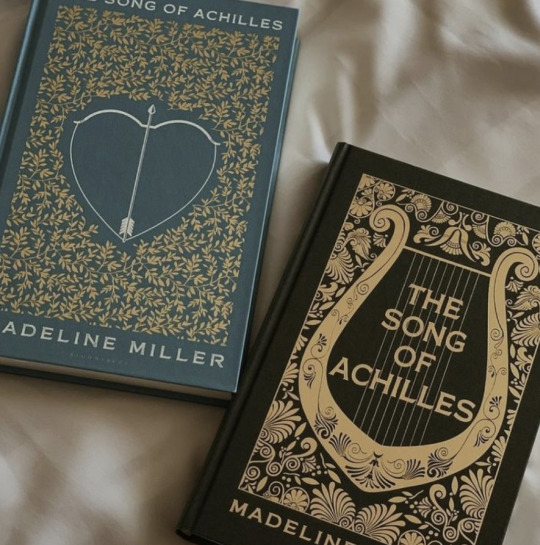
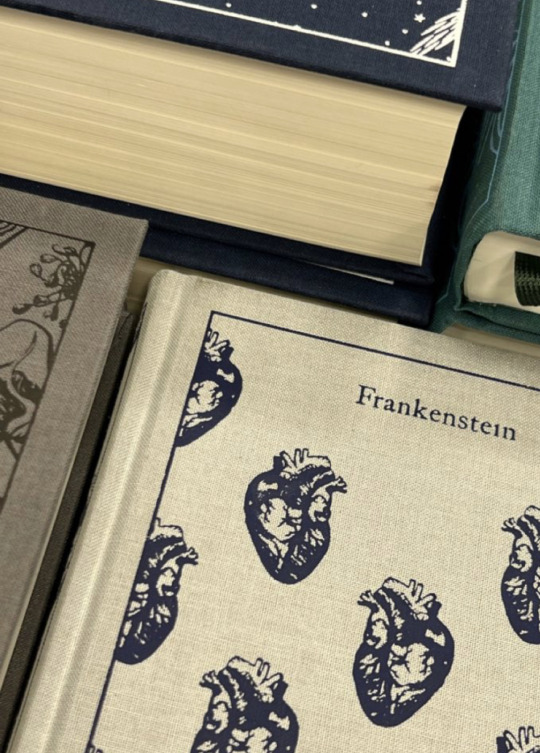

#penguin clothbound classics#classic literature#books and literature#classics#classic academia#romanticism#dark academia#dark romantica#academia#the picture of dorian gray#if we were villains#frankenstein#shakespeare#the song of achilles#books and reading#aesthetic#light academia#academia aesthetic#books#old aesthetic#vintage academia#anyway <3
2K notes
·
View notes
Text
why cant i be a 20th century schoolboy studying shakespeare with his group of morally grey friends
#just a 1900s boarding school boy with his close totally platonic friends#if we were villains#the secret history#dark academia#shakespeare#classics#dead poets society#picture of dorian gray#dorian gray#morally grey
3K notes
·
View notes
Text

For those who read both
#a matter of perspective#the secret history#if we were villains#chaotic academia#dark academia#literature#books#books addiction#shakespeare#donna tartt#ml rio#henry winter#richard papen#francis abernathy#dark academia aesthetic#book memes#the secret history memes#iwwv#iwwv quotes#iwwv memes
7K notes
·
View notes
Text
The biggest clue M. L. Rio gives us to what actually happened at the end of 'If We Were Villains' isn't Pericles, allow me to elaborate:
Spoilers for 'If We Were Villains' by M.L. Rio below, obviously.
So, everyone talks about the Pericles symbolism and that being proof that James is alive, but I think there's stronger proof elsewhere. In the epilogue, when Oliver is told that James is dead, Filippa is said to have "a copy of Winter’s Tale open in her lap" (351).
If you haven't read The Winter's Tale, that's okay, it is a strange play. (Despite it being, in my opinion, Shakespeare's most explicitly sapphic play!!). But anyway, a key aspect of the plot is that a character everyone thinks is dead comes back to life at the end. I'll explain further:
So, in act three, scene two, a character named Hermione is said to have died after being accused of a crime she didn't commit. The audience sees her pass out, and she's carried offstage where it is said she died.
Hermione was accused of adultery and treason, and the person she was accused of cheating with, Polixenes, escapes before he can be killed for this crime with an advisor named CAMILLO — aka the same name as the gang's fight coordinator who knew James well / became Fillippa's fiancé.
Now, in the very last scene of the play, all the remaining characters gather back together including Camillo, as well as Leontes, the man who caused Hermione to "die," and who was consumed by grief and regret for the actions he took that lead to her death. Miraculously, during this scene, a friend of Hermione's named Paulina reveals that through Leontes's remorse and the resolution of this whole plot, Hermione is miraculously able to come back to life. It's unclear if this is through magic or if Hermione was just hiding out with Paulina all this time and now is able to return to her husband (booooo). She falls into Leontes's arms and everyone is happy again. This is a super weird plot point and doesn't make a lot of sense, but it does speak to the possibility of James being alive!
Interestingly, from that scene, there's also this line: "Bequeath to death your numbness, for from him / Dear life redeems you." - Winter's Tale, V.iii.1280129. To me, this line can easily be applied to James's guilt and reason for theoretically committing suicide. Is James able to find redemption through dying and then coming back to life?
I think the name Camillo is the strongest connection here - there's no way it's accidental. Additionally, this might be a reach, but Winter's Tale is only mentioned one other time in the book, on page 94 when present day-Fillipa mentions, "Frederick wants to branch out and try Winter’s Tale, but Gwendolyn’s insisting on Othello.” The comparison of these two plays seems deliberate - they aren't in the same genre, so they're an odd two plays to be choosing between for the fourth years. However, there is a KEY comparison between the two: they both involve husbands becoming convinced that their wives are being unfaithful, and they both involve said husbands killing their wives—the only difference is that in The Winter's Tale, Hermione comes back to life. Desdemona doesn't. Is M. L. Rio making a sneaky reference to the two possible interpretations of her ending here? Sort of presenting the reader with a choice of what interpretation they chose to believe?
I think it's so cool!!!
#if we were villains#m l rio#james farrow#oliver marks#shakespeare#william shakespeare#dark academia#academia#iwwv#meredith dardenne#alexander vass#if we were villains spoilers
476 notes
·
View notes
Text
idk if it's been talked about before but suzanne collins never misses a BEAT when it came to names, specifically coriolanus snow and dr volumnia gaul. just from their first names alone you can already guess what type of role might play between them (well... if you've read shakespeare's coriolanus that is. i do recommend it btw).
a lot of bits were taken from shakespeare's play for tbosas like the motif with scars / wounds / the body as being a microcosm of the nation, the common people fighting up against the government, coriolanus' hatred of the common people wanting to be "equal" to him, the rebel arc etc etc but i'm soooo so so interested in the fact that dr gaul was named volumnia and coriolanus is coriolanus because in the play, coriolanus' mother's name is volumnia!
volumnia is arguably the only female character in the play that has any depth (i am so sorry virgilia). his mother shapes her son into the warrior he is. she reminds him at every turn that he is nothing more than a weapon to be wielded. in fact, she's the one who gets her son to come back from his "revolt" against rome which ultimately lead to his demise. this parallels tbosas in the same way because dr gaul took coriolanus and molded him into the villain you would see in thg trilogy. she brought him back from d12 and then brought about the end of his humanity (a death, so to speak—at the end of the book he said something similar to this to try to save himself from lucy gray's suspicions but he was right because he did kill a part of himself to be where he is)! coriolanus snow's mother is present but off-page. her ghost haunts him, comforts him, but the 'mother' figure is the ever-present, all-knowing dr gaul.
UGH! like with just their names you could map out where they end up at the end of the story and that's literally insane. like the caliber of writing is literally next to none fr
#lit#the hunger games#the ballad of songbirds and snakes#coriolanus snow#volumnia gaul#meta#text#tais toi lys#thgpost#yet again the mf that fixates on names and shakespeare talks about names and shakespeare what can i say i'm predictable#ALSOOOOOOO. shakespeare's coriolanus' name isn't even coriolanus. it's caius martius but it's only when he helped deafeat corioles that he#earns the name coriolanus. it's a neat parallel that coriolanus didn't really “earn” the snow name until he became a villain.#anyway i'm just spitballing#*
427 notes
·
View notes
Text
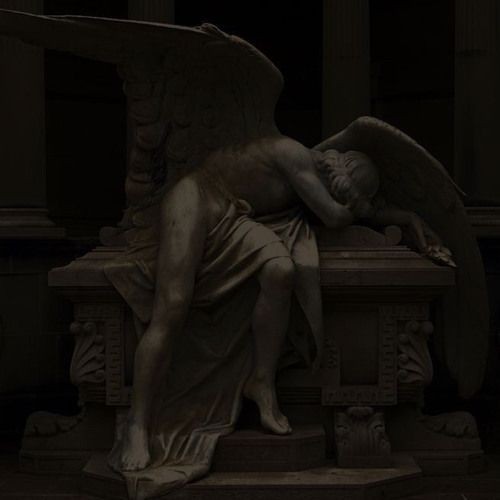


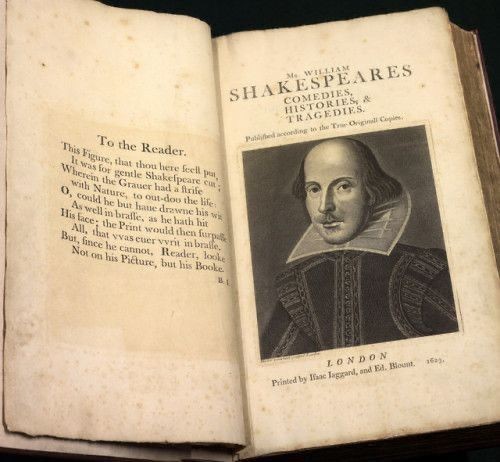


"You can justify anything if you do it poetically enough.
- M.L. Rio, If We Were Villains
#dark academia#dark academic aesthetic#chaotic academia#books#poetry#literature#if we were villains#book quote#quotes#books and literature#aesthetic#shakespeare#darkest academia#romantisism#halloween#dark literature#gothic academia#gothic literature#dark academia quotes
482 notes
·
View notes
Text
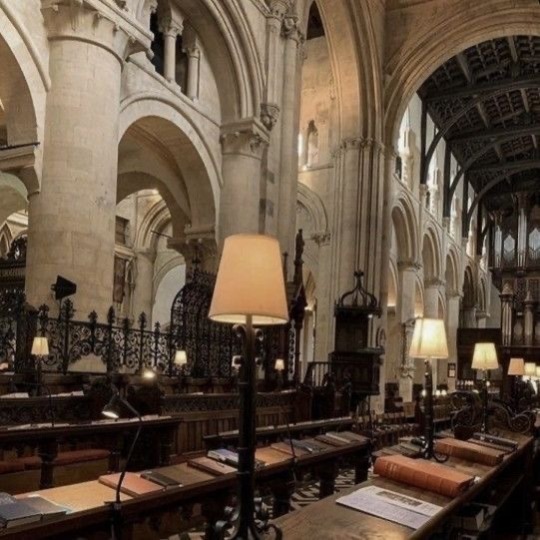


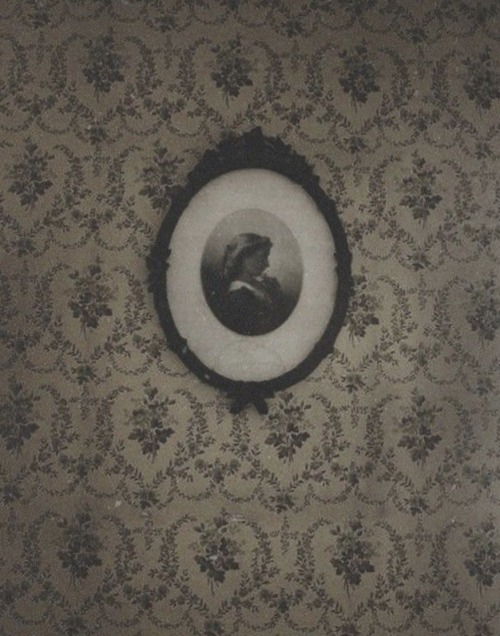

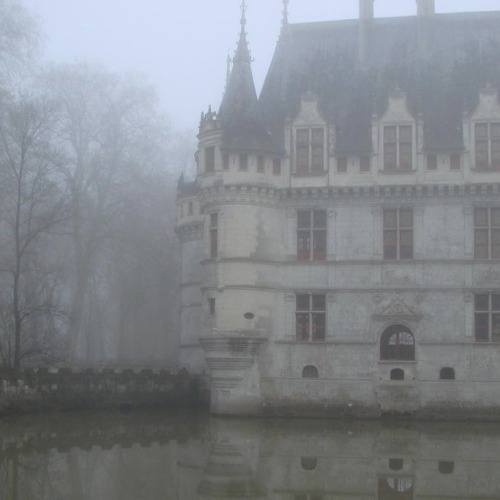

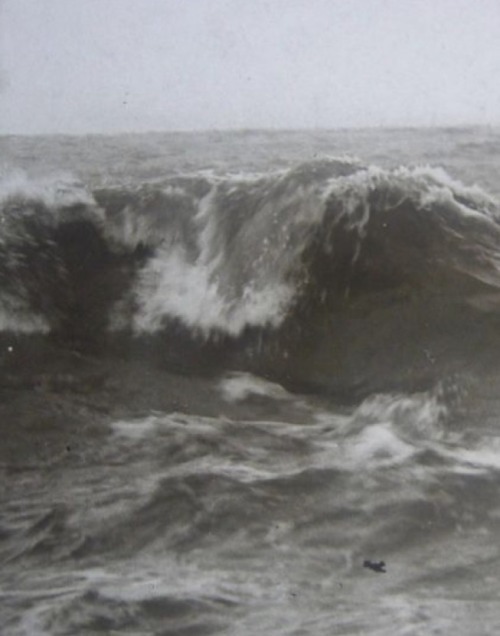
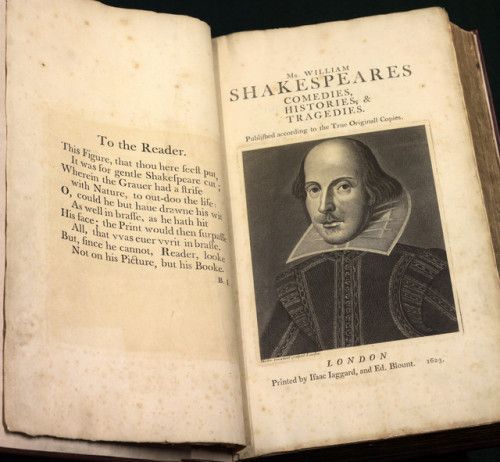
#dark academia#dark academia books#if we were villains#tsh#donna tartt#the secret history#coffee#dps#dead poets society#kill your darlings#paintings#dark academia aesthetic#romantic academia#moodboard#classic academia#shakespeare#books & libraries#romantic aesthetic#light academia
259 notes
·
View notes
Text
doubt thou that the stars are fire;
doubt thou that the sun doth move;
doubt truth to be a liar;
but never doubt that i love
- William Shakespeare, Hamlet
#shakespeare#literature quotes#iwwv#james farrow#if we were villains#academia#dark acadamia quotes#dark academia#hamlet#william shakespere#book quotes#quotes#book quote#beautiful quote#literature#english literature
254 notes
·
View notes
Text
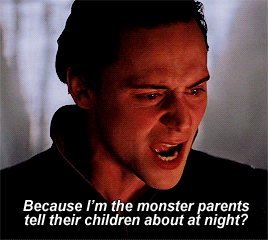



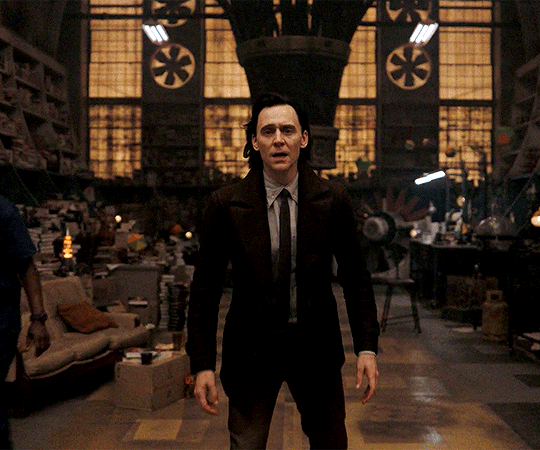

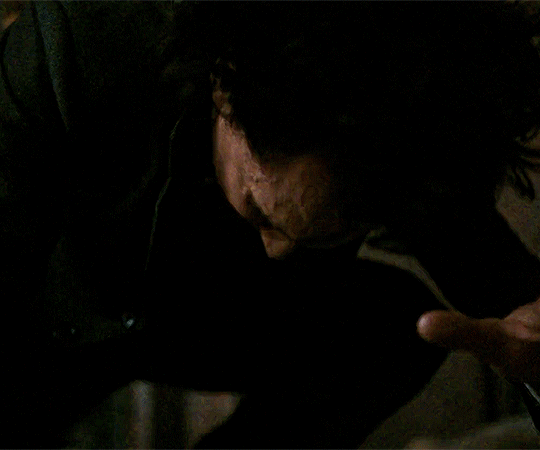
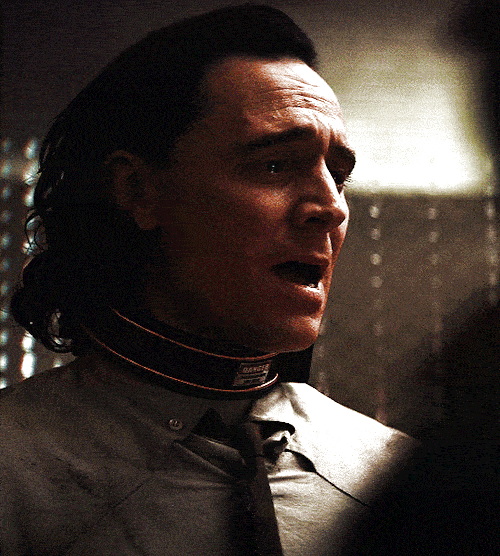
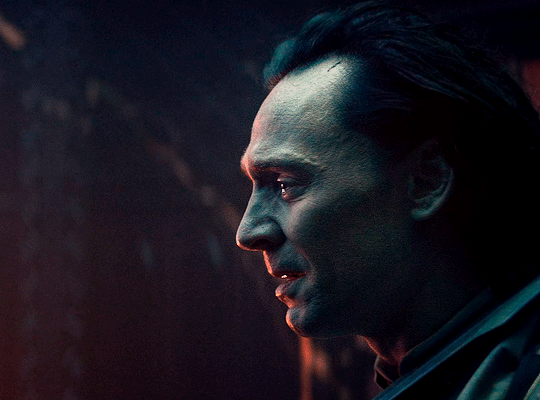

This Boy Was Made To Suffer.
#bruh why am i crying. this gifset wasn't supposed to hurt me#pls let him smile by the end of the show#my heart breaks for the trickster god#loki#loki series#loki laufeyson#lokius#tom hiddleston#anyways bravo to tom hiddleston for bringing so much heart & shakespeare to this little villain#loki finale
224 notes
·
View notes
Text
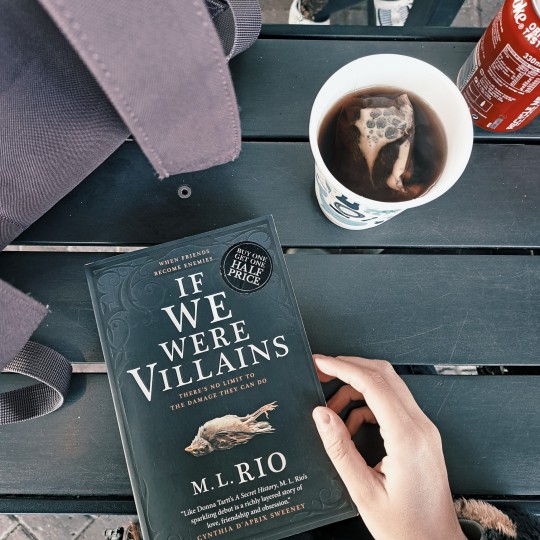
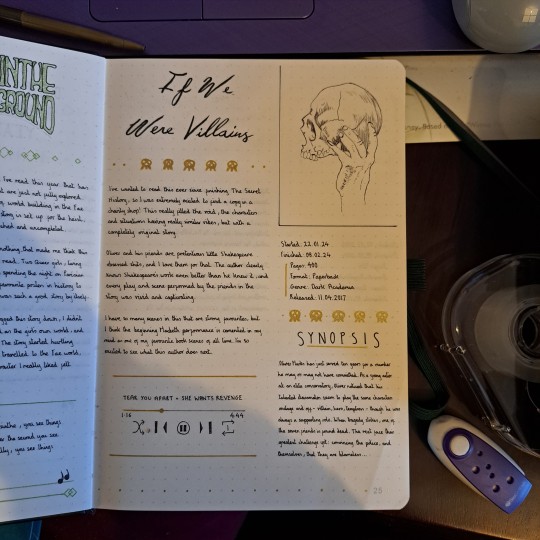
If We Were Villains // Bullet Journal Book Review
124 notes
·
View notes
Text



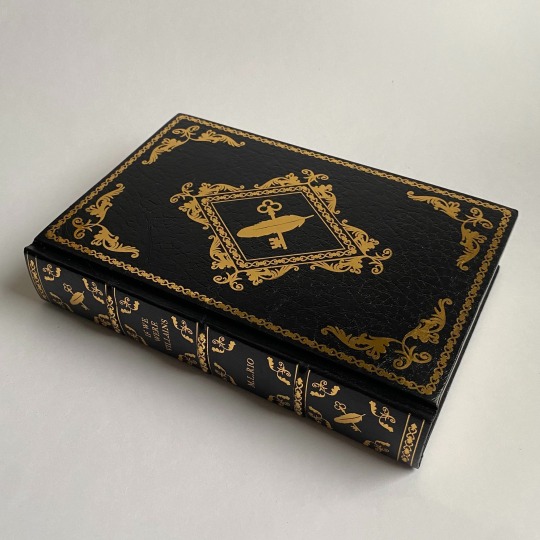

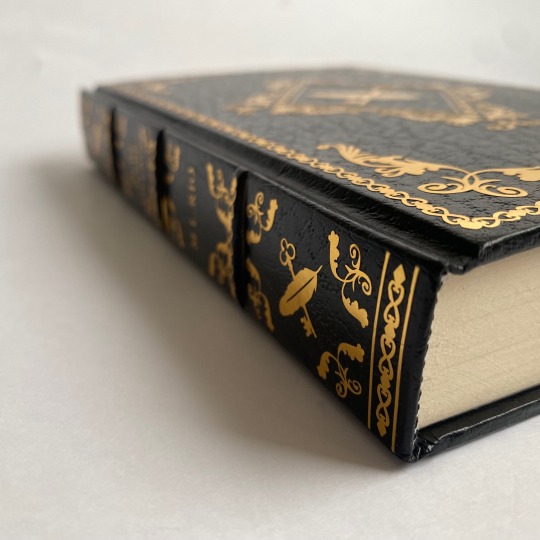
I’m still immensely in love with how this rebinding turned out! Good thing because I have to make another one, and this one will fly all the way to Australia! ✈️✈️✈️
#iwwv#if we were villains#m l rio#shakespeare#iwwv aesthetic#bookbinder#bookbinding#handbound#reliure d’art#reliure
124 notes
·
View notes
Text
Vermont boys in dark academia books be like:
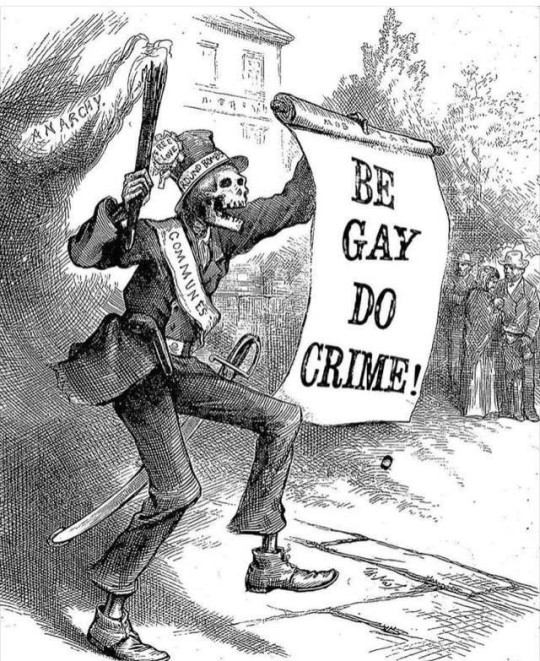
#the secret history#chaotic academia#dark academia#literature#books#books addiction#if we were villains#shakespeare#iwwv#henry winter#book memes#richard papen#oliver marks#dark academia books#vermont boys
725 notes
·
View notes
Text
I heard Ethan Hawke talk about his interpretation of Hamlet, and something he said is that at heart, Hamlet is just a kid who wants to make his dad proud. He said that in the scene where his father's ghost appears, Hamlet is more surprised that his father chose him to appear to than that his father's ghost is there at all. He said that the way he sees it, Hamlet's father never had time for him in life, and that when Hamlet's dad gives him this task, it's Hamlet's last chance to make his father proud of him, and that's why he tries so, so very hard to do right by his father's memory.
And I LOVE that interpretation. It adds SO much to Hamlet's character. It's crazy to think that Hamlet is used to being ignored and left to his own devices by his family, so even from the very start when Gertrude and Claudio take an interest in him in the beginning of the play, he's surprised that they even noticed he was sulking.
Hamlet's parents don't know him. They never bothered to know him until they needed him. His misery puzzles and annoys Gertrude. She doesn't understand why he can't just be happy, and normal, but at the same time, she only makes time for him when she needs something from him, or when his actions threaten her own happiness.
And this adds crazy layers to Hamlet's relationship with Ophelia and Polonius. I think someone could easily argue that the fundamental difference between Hamlet and Leartes is a loving father; Hamlet sees the way Polonius cares for his children, and is offended by the false way Polonius tries to be kind to him. He wants that kind of father, but he knows he can't have it.
Hamlet sees right through everyone's ulterior motivations in the play because he's used to them ignoring him and he doesn't trust the sudden rush of attention towards him. He isn't surprised that people are lying to him; he knows they wouldn't be this concerned about him without an ulterior motive.
The only person he does truly trust is Horatio, who has always been his friend and confidant. Horatio is probably the only person in the play who doesn't change after Hamlet's father dies.
So basically, I think if you view Hamlet as a young man only barely entering adulthood, who spent his entire childhood feeling like he was letting his father down and only wanting to win his affection, it's a different, better play. Hamlet isn't a good person or a bad person, he's a kid at a crossroads, and he feels like the only way he can prove himself as a man and give his life meaning is by making his dad proud of him. When his father died, Hamlet likely thought he had lost the chance to ever bond with his dad, but now, he's gotten one last chance. So of COURSE he clings to it. Of course he descends into a terrified, paranoid spiral of wrongdoings and mistakes. He wants his dad back, and he wants his dad to love him. He got a task, and he's damn well going to do it, even if it kills him.
And the real tragedy in it all is that he fails. Hamlet's father begs Hamlet to remember him, and with Hamlet's death (and those of everyone around him) the memory of his father is lost, beyond the trivial knowledge that he existed. At the end of the play, there is no one left to remember who Hamlet senior truly was. In this way, Hamlet fails to carry out his father's last wishes, and dies knowing that everyone was right about him, he couldn't prove himself, he couldn't make his dad proud.
However, left behind is Horatio, the only person who ever cared about Hamlet beyond the scope of his father, and his depression, and his desperation for revenge. And in this way, Hamlet is remembered properly, even if his father is not.
#hamlet#shakespeare#william shakespeare#hamlet x horatio#hamlet 2000#ethan hawke#academia#dark academia#if we were villains#the bard
547 notes
·
View notes
Text
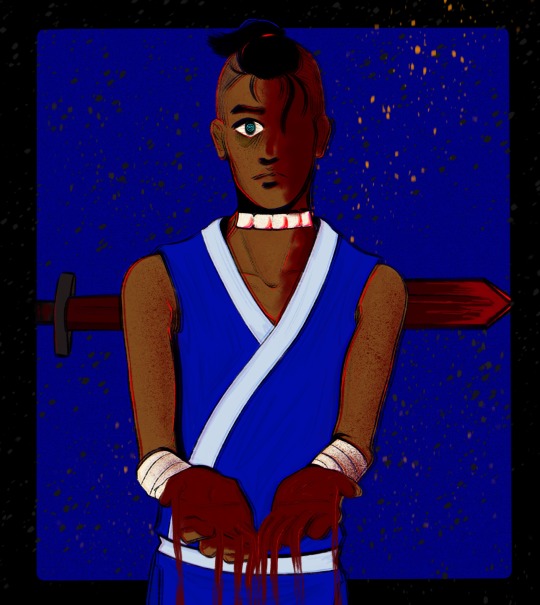
stepped in so far
#id in alt text#avatar the last airbender#atla#sokka#art#mart#blood cw / i guess#SOKKA MACBETH IMAGERY LET'S GOOOOOO#(if anything he's lady macbeth to aang's macbeth but like. you get it right. i dont need to spell it out right.)#i wanna be one of those people who can draw cool abstract conceptual art#well. i tried here#i think this is the natural companion to my 'as if the strings were thine' azula piece#sokka & azula shakespeare villain imagery lets go!!!!!!!!!!!!#(also please note the symbol being reflected in sokka's eye. that is very important actually. crucial in fact.)
105 notes
·
View notes